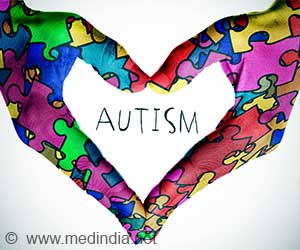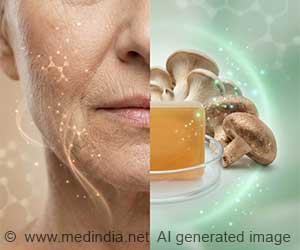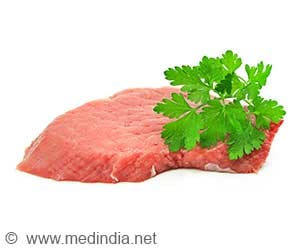A recent study conducted in Delhi revealed that there is no link between the administration of COVID-19 vaccines and an elevated risk of heart attacks.
- A Delhi-based observational study found no evidence linking India's COVID-19 vaccines, Covishield and Covaxin, to an increased risk of heart attacks
- The study, published in PLOS One, analyzed data from 1,578 individuals admitted to a Delhi hospital, with 68.8% vaccinated and 31.2% unvaccinated
- It also reduced all-cause mortality at 30 days and six months after acute myocardial infarction (AMI) or heart attack, particularly in vaccinated individuals
Impact of COVID-19 vaccination on mortality after acute myocardial infarction
Go to source). This retrospective study utilized data from 1,578 individuals admitted to G B Pant Hospital in Delhi between August 2021 and August 2022. Among these patients, 1,086 (68.8 percent) had received COVID-19 vaccinations, while 492 (31.2 percent) had not.
TOP INSIGHT
There is no connection between the COVID-19 vaccines administered in India and an increased risk of heart attacks. #COVID #heartattack #covid19
No Association Between Indian COVID Vaccines and Heart Attacks
Mohit Gupta, the lead researcher from G B Pant Hospital, stated, "Our study found that vaccines used in India are safe. There was no association between vaccination in India and heart attacks. In fact, the study found that there were fewer chances of death after a heart attack in vaccinated individuals."While the adverse effects (AEs) of COVID-19 vaccines have generally been mild, temporary, and self-limiting, concerns have arisen regarding potential cardiovascular adverse effects in some cases.
The researchers collected data on patients' vaccination status, including vaccine type, vaccination date, and any adverse effects, for all enrolled patients.
The analysis revealed no specific clustering of AMI cases at any particular time after vaccination, suggesting no significant association between COVID-19 vaccinations and heart attacks.
On a 30-day follow-up, all-cause mortality occurred in 201 (12.7 percent) patients, with the vaccinated group showing significantly lower adjusted odds of mortality.
COVID-19 Demonstrates a Reduction in All-Cause Mortality
According to the study, COVID-19 vaccines demonstrated a reduction in all-cause mortality at both 30 days and six months following an AMI event.However, the researchers noted that older age, diabetes, and smoking were associated with a higher risk of 30-day mortality.
It is important to note that this study was a single-center retrospective study, and the researchers suggest that further validation of these findings is needed through larger studies involving diverse ethnic groups.
Reference:
- Impact of COVID-19 vaccination on mortality after acute myocardial infarction - (https://pubmed.ncbi.nlm.nih.gov/37656727/)
Source-Medindia
 MEDINDIA
MEDINDIA





 Email
Email










